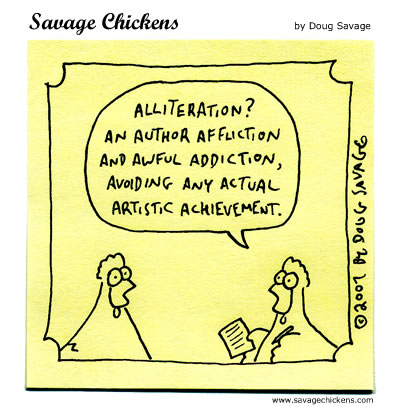I don't believe humans have limitations to thinking. I believe humans make themselves have limits to their thinking. We have no boundaries. People can’t dig up our minds and scoop out the ideas that mingle inside our minds—it’s impossible.
With that said, Plato introduced with characters like they were already in the cave and had no reason NOT to be in the cave. Sartre describes the setting through his characters, Garcin, Valet, Inez, Estelle (Am I forgetting anybody else?). The major difference between two of these stories were that the prisoners in the cave refused to think and lived a dull life being intrigued by shadows and mere puppets. In “The Exit”, the characters think about their situation and tried to escape the room which was symbolic of their position. Everything was in thirds. There were three corners, three people and there were a bronze statue of some sort.
Plato’s “Allegory of the Cave” seemed like a simple story but in fact it was a mirror or reality and how thinking can influence our actions. People can create their own deadlock in thinking or choosing not to think.
I find it interesting when the door to freedom opened when the three people in the room wanted it to open. Somehow, I feel like the door opened because all three of them wanted to leave...But Inez closed the door. What? Why wouldn't they just leave? I'm already perplexed enough-- but at least all three had some type of a resolution.
